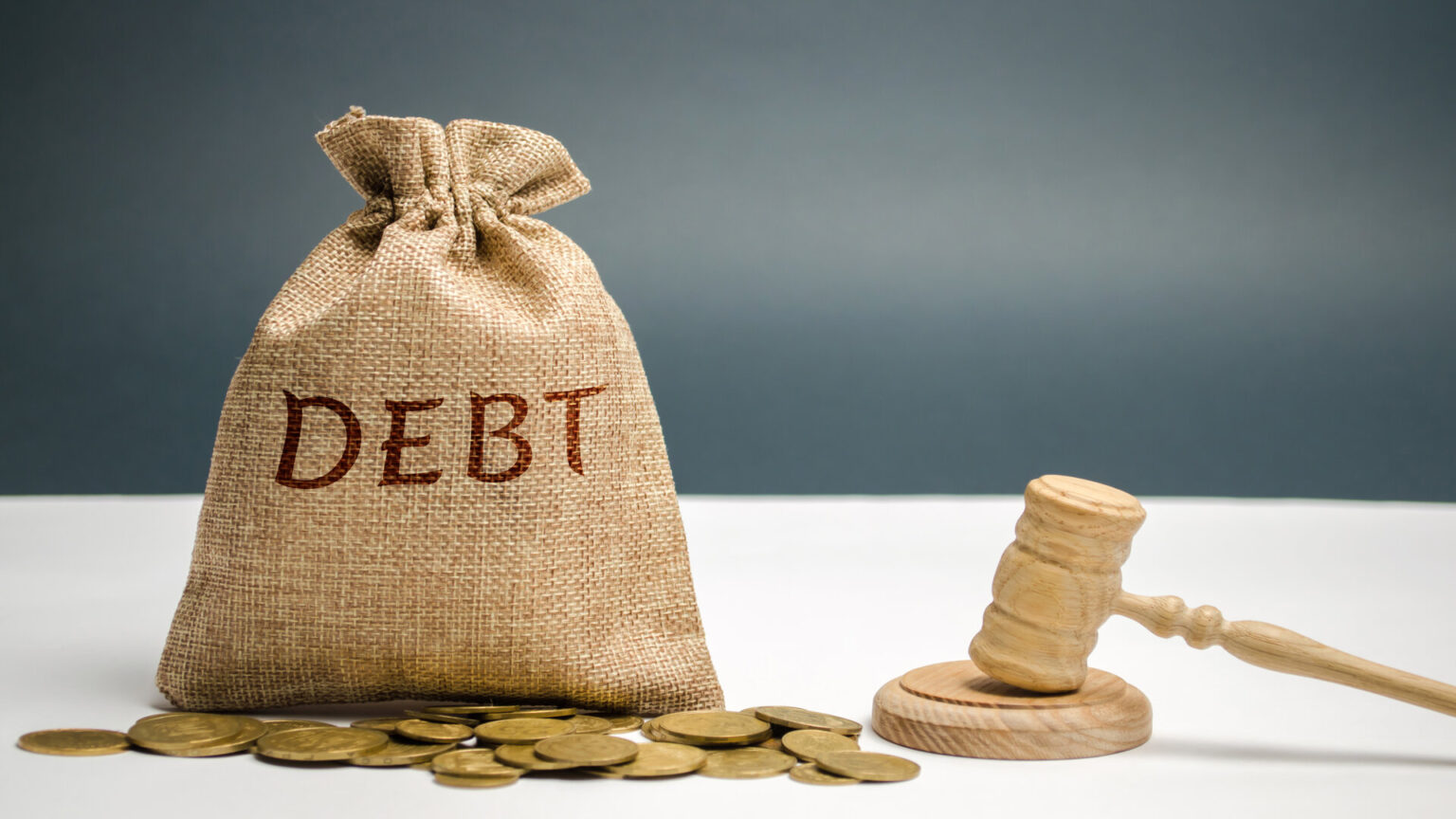Over the next three months, the government intends to accrue Rs5.33 trillion in domestic debt, which will put increased inflation and the difficulty of debt repayment on the country. The fact that many wealthy people are missing from the taxpayer list makes the matter worse.
Data from the State Bank of Pakistan (SBP) indicates that the government will use a portion of the planned borrowing to pay down maturing old debt, totaling Rs2.59 trillion between May and July 2024. This might result in an increase in total debt and liabilities of a net Rs2.69 trillion during this time. To put this into perspective, during the first nine months of the current fiscal year, overall debt and liabilities increased by an astounding Rs8.42 trillion (11.62%), hitting a new high of Rs80.86 trillion in March 2024.
Muhammad Awais Ashraf, Director of Akseer Research, stated in an interview with The Express Tribune that the main cause of the possible net increase in overall debt is increased interest payments relative to the growing debt. Since the government must make most of its payments before the end of the fiscal year, including subsidy payments and unpaid bills, borrowing usually peaks in the final quarter of the fiscal year (April–June).
The Ministry of Finance stated in its most recent Monthly Economic Update and Outlook, released in April 2024, that markup payments had climbed by 59% in the first eight months of FY24, resulting in a wider fiscal deficit of 3% of GDP from July to February of that year, up from 2.8% of GDP in the same period the previous year. Due to the current record-high main policy rate (interest rate) of 22% during the last ten months, interest payments have increased dramatically. The central bank will raise the rate by a total of 15 percentage points over the course of three years, from September 2021 to June 2023. Financial experts estimate that an increase in interest rates of one percentage point results in an annual rise in interest payments of about Rs250 billion.
According to a recent report by the central bank, some of the government’s top spending priorities continue to be the increased distribution of power subsidies, grants for the settlement of contingent liabilities pertaining to PSEs (Public Sector Enterprises), and higher costs for running the civil government, defense, and pensions.
The government, led by Prime Minister Shehbaz Sharif, paid four salaries to prime minister’s office staff members this year despite the government’s severe financial situation. This increased spending is probably going to force the government to secure a new loan program from the IMF and impose more taxes in the future budget for 2024–2025; this would further burden the average citizen with higher taxes and rates of inflation.
According to Ashraf, the government must borrow money to close the funding deficit because tax revenue is low and spending is growing. At 9%, Pakistan has one of the lowest tax-to-GDP ratios in the region and among comparable nations. Raising it to roughly 13–14% is necessary to reduce reliance on debt.
But many people, including landlords, fail to pay their fair share of taxes, and attempts by the government to include them in the tax system frequently end in failure. Rather, authorities impose further taxes on industries and enterprises that already pay high taxes.
In response to a question regarding the 30% surge in tax collection thus far in the current fiscal year, Ashraf primarily cited high inflation, which averages 25%. But the actual increase in tax collection is still negligible.
